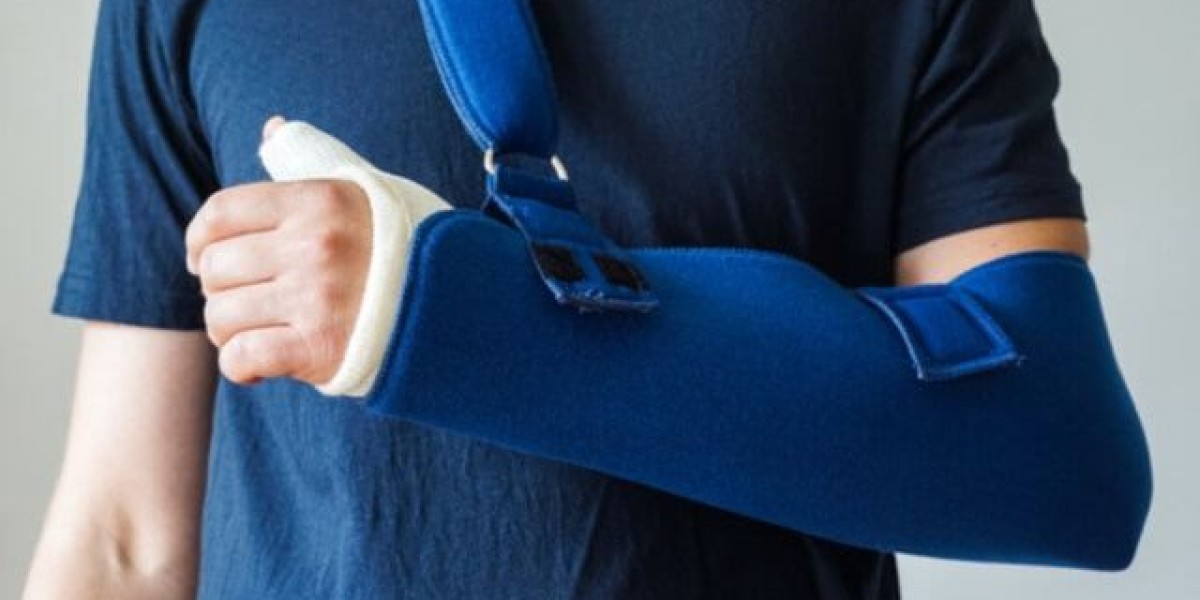Personal injury law is a key part of civil law in Georgia, aimed at helping individuals recover compensation after being injured due to another party’s negligence or intentional misconduct. This blog will explain what personal injury law includes, what a personal injury lawyer in Georgia does, how the claims process works in the state, and where you can find official government resources for more detailed information.
What Is Personal Injury Law?
Personal injury law allows people who have been physically, emotionally, or financially harmed by another party’s actions to seek compensation. These cases are civil, not criminal, meaning the goal is to recover financial damages rather than punish the wrongdoer. Common types of personal injury cases in Georgia include:
Motor vehicle accidents (car, truck, motorcycle)
Slip and fall incidents
Medical malpractice
Product liability (defective products)
Workplace injuries
Dog bites
Wrongful death
If someone else’s negligence or intentional act caused your injury, you may have grounds for a personal injury claim.
The Role of a Personal Injury Lawyer
A personal injury lawyer in Georgia serves several key functions:
Investigation: They examine the facts, gather evidence, and determine who is legally responsible.
Calculating Damages: Lawyers assess current and future medical expenses, lost wages, pain and suffering, and other losses.
Negotiation: They communicate with insurance companies and opposing parties to seek a fair settlement.
Litigation: If a settlement cannot be reached, the lawyer files a lawsuit and represents you in court.
Most personal injury lawyers in Georgia work on a contingency fee basis, meaning they only get paid if you win your case or receive a settlement.
Qualifications of a Georgia Personal Injury Lawyer
Personal injury lawyers must:
Graduate from college and law school
Pass the Georgia Bar Examination
Maintain good standing with the State Bar of Georgia
You can verify a lawyer’s credentials and disciplinary history through the State Bar of Georgia’s official website.
Steps in a Georgia Personal Injury Case
Here’s a typical process for a personal injury claim in Georgia:
Consultation: Meet with a lawyer to discuss your case and determine if you have a valid claim.
Investigation: The lawyer gathers evidence, such as accident reports, medical records, and witness statements.
Demand Letter: The lawyer sends a formal request for compensation to the at-fault party’s insurance company.
Negotiation: Both sides negotiate to reach a settlement. Most cases resolve at this stage.
Filing a Lawsuit: If negotiations fail, the lawyer files a lawsuit in civil court.
Discovery: Both sides exchange information and evidence.
Trial: If no settlement is reached, the case goes to trial, where a judge or jury decides the outcome.
Types of Compensation Available
In Georgia, personal injury victims may be entitled to several types of damages:
Medical Expenses: Past and future medical bills
Lost Wages: Income lost due to inability to work
Pain and Suffering: Physical and emotional distress
Loss of Consortium: Impact on family relationships
Property Damage: Repair or replacement of damaged property
Statute of Limitations in Georgia
Georgia law sets a time limit for filing personal injury lawsuits. Generally, you have two years from the date of the injury to file a claim. There are exceptions depending on the case type, so it’s important to consult a lawyer or check the official Georgia Code for specifics.
How to Find a Personal Injury Lawyer in Georgia
There are several ways to find qualified personal injury lawyers in Georgia:
State Bar of Georgia: Search for licensed attorneys by specialty and location.
Justia Lawyer Directory: Lists personal injury lawyers by city and practice area1.
Lawyer Legion: Offers profiles and information on Georgia personal injury attorneys.
Conclusion
Personal injury law in Georgia exists to support individuals who have suffered harm due to someone else’s negligence, recklessness, or intentional conduct. Whether you’ve been injured in a car accident, a slip and fall, or another type of incident, understanding how these claims work and the role a personal injury lawyer plays can make a significant difference. A qualified personal injury lawyer in Georgia can help you navigate the legal process, gather evidence, and pursue the compensation you deserve for medical bills, lost wages, and other damages.






